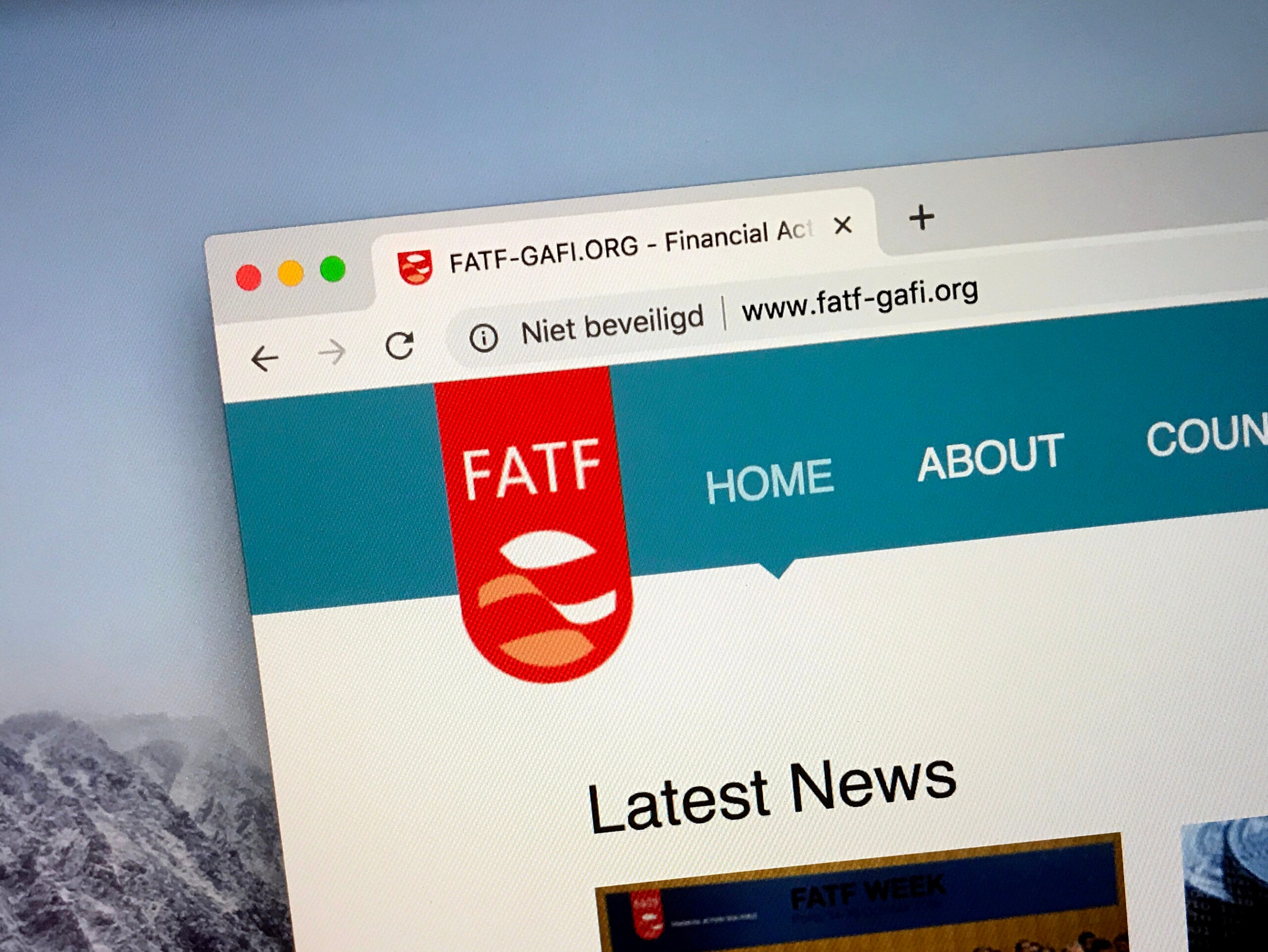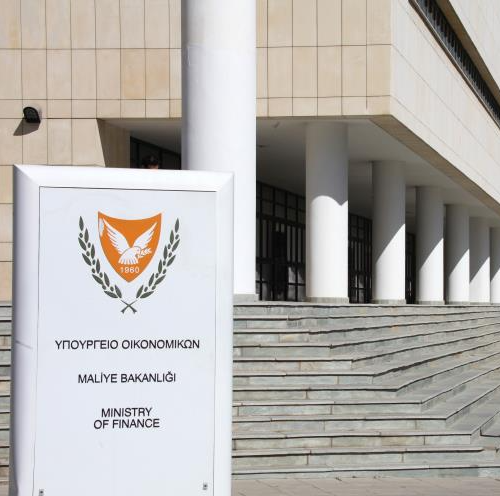In June 2025, the Financial Action Task Force (FATF) published a detailed report examining the evolving threat of complex proliferation financing (PF) and sanctions evasion schemes. These schemes, which often support the development and distribution of weapons of mass destruction (WMDs), pose a growing risk to both international security and the global financial system. This article outlines the key findings of the report, including threats and methods of PF and sanctions evasion, as well as the recommendations made to counter these threats.
Continuing Threat Posed by the DPRK
The report highlights how state and non-state actors continue to exploit gaps in counter-proliferation financing (CPF) controls. The Democratic People’s Republic of Korea (DPRK) remains the most significant threat in this regard. Despite nearly two decades of international sanctions, the DPRK has managed to advance its nuclear and missile capabilities by diversifying its revenue streams. The regime has successfully generated billions of dollars through cyberattacks, most notably the theft of $1.5 billion from ByBit in early 2025, and through illicit activities ranging from IT freelancing to wildlife trafficking and the export of consumer goods such as wigs and false eyelashes.
The report also raises concerns about the DPRK’s increasing financial connectivity, particularly in light of its 2024 strategic partnership treaty with Russia. This agreement promises enhanced cooperation in banking and customs, potentially creating new vulnerabilities in the global financial system. Despite United Nations Security Council resolutions requiring the expulsion of DPRK banking representatives from host countries, the report notes that over 50 such individuals continue to operate abroad, facilitating financial transactions worth hundreds of millions of dollars.
Sanctions Evasion by Iran and Russia
Alongside the DPRK, the report notes Iran and the Russian Federation as significant actors involved in complex sanctions evasion, even though they are not currently covered under the FATF’s Recommendation 7 framework. Iran, for example, has circumvented sanctions through a network of transnational criminal organisations, foreign exchange houses, and proxy groups such as Hezbollah. These groups have been involved in money laundering, weapons trafficking, and accessing military technologies.
Similarly, Russia’s expanding military and economic cooperation with the DPRK has raised PF concerns by extension. This includes confirmed reports of North Korean munitions and personnel being deployed in support of the Russia-Ukraine conflict, in violation of existing sanctions.
Key Typologies and Methods of Evasion
The FATF identifies four major typologies through which PF and sanctions evasion are carried out:
- Use of Intermediaries – this includes front companies, complex supply chains, and transshipment through third countries to disguise the origin or destination of goods and funds.
- Obscuring Beneficial Ownership – this involves the use of layered legal structures as well as nominee owners to conceal the true ownership of assets.
- Exploitation of Virtual Assets – the report highlights how virtual currencies, mixers, and anonymity-based technologies are increasingly used to move and obscure illicit funds.
- Abuse of the Maritime Sector – this includes disabling ship tracking systems, falsifying documents, and conducting ship-to-ship transfers in a way that bypasses export controls.
Each of these methods makes detection and investigation more difficult, particularly when multiple jurisdictions and complex structures are involved.
Systemic Vulnerabilities Enabling Evasion
A number of national and sector-level vulnerabilities were identified as enabling factors in PF and sanctions evasion. These include weak legal frameworks, limited beneficial ownership transparency, and inconsistent regulatory enforcement across jurisdictions. Countries with close economic ties or geographic proximity to sanctioned entities were found to be at heightened risk.
Sectoral vulnerabilities are especially pronounced in banking, virtual asset services, maritime shipping, and high-tech manufacturing. Free trade zones, informal value transfer systems, and alternative remittance channels also present challenges for enforcement and oversight.
Recommendations for Strengthening Global Controls
To respond to these growing threats, the FATF outlines several key recommendations. These include the need for countries to regularly update their understanding of PF risks and typologies, strengthen information-sharing mechanisms between the public and private sectors, and increase the effectiveness of suspicious activity reporting.
The FATF also recommends adopting a formal definition of WMD proliferation financing within its standards and calls for a global review of national risk assessments to identify best practices and support consistent, risk-based implementation across jurisdictions.
The June 2025 FATF report makes clear that the threat landscape surrounding proliferation financing and sanctions evasion is becoming increasingly sophisticated and transnational. State and non-state actors are exploiting gaps in regulatory frameworks, emerging technologies, and international coordination to move funds, acquire goods, and support WMD programmes. The report emphasizes the urgent need for stronger cooperation, more agile enforcement, and ongoing vigilance to close the loopholes that these actors continue to exploit.
MK Compliance Limited provides support to businesses in relation to their AML/CFT and due diligence requirements. Our services include drafting and reviewing of AML policies and procedures, risk assessments, transaction monitoring, customer due diligence, and in-depth investigations into clients, entities, and counterparties. By enhancing compliance frameworks, we help organisations mitigate financial crime risks, ensure regulatory compliance, and safeguard their reputation in an increasingly complex regulatory environment.
The content of this article is valid as at the date of its first publication. It is intended to provide a general guide to the subject matter and does not constitute legal advice. We recommend that you seek professional advice on your specific matter before acting on any information provided.
For further information or advice, please contact info@compliancemk.com.




